Tokyo, a hub of modernity, embraces religious diversity, offering beautifully designed mosques which are spiritual sanctuaries. Mosques in Tokyo Japan promise a glimpse into the city’s vibrant Islamic culture. From the stunning Tokyo Camii, Japan’s largest mosque, to hidden gems, these mosques provide a place for prayer, reflection and community gatherings. Whether you seek architectural beauty, a quiet place for worship, or cultural insight, these welcome visitors of all backgrounds. Explore these serene spaces and experience the harmonious blend of faith and tradition in Japan’s capital.
Top 5 Mosques In Tokyo Japan Worth Visiting
Celebrate religious diversity with this list of the 5 must-visit mosques in Tokyo Japan to dive into the spiritual sanity:
1. Tokyo Camii & Diyanet Turkish Culture Center
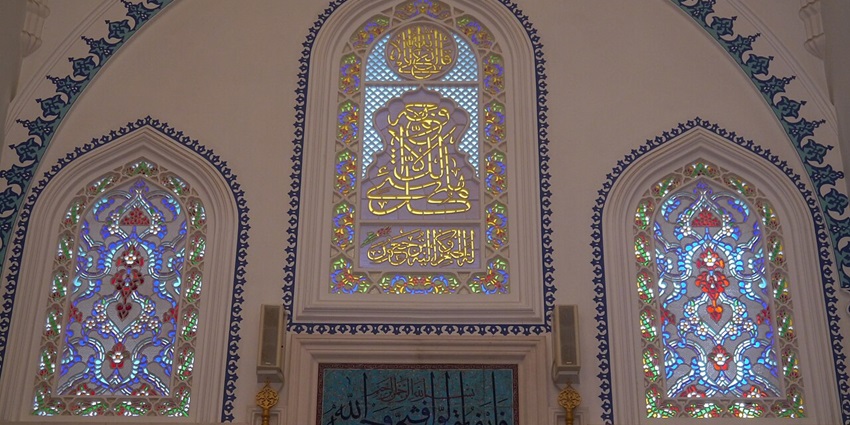
Photo: Zairon / Wikimedia Commons / Image For Representation Only
Located in Shibuya’s Ōyama-chō district, Tokyo Camii stands as the largest and among the most popular mosques in Tokyo Japan. Built-in the Ottoman architectural style, it features a stunning main dome supported by six pillars and a 41-meter-tall minaret. The adjoining Turkish Culture Center offers insights into Islamic art and culture. The mosque emphasizes modest attire for all guests and provides headscarves for women entering the Prayer Hall.
Specific Attraction: Tokyo Camii Halal Market on the first floor, offering a variety of halal products and Turkish goods
Nearest Airport: Haneda Airport (approximately 20 km away)
Nearest Railway Station: Yoyogi-Uehara Station, a five-minute walk away
2. Asakusa Mosque
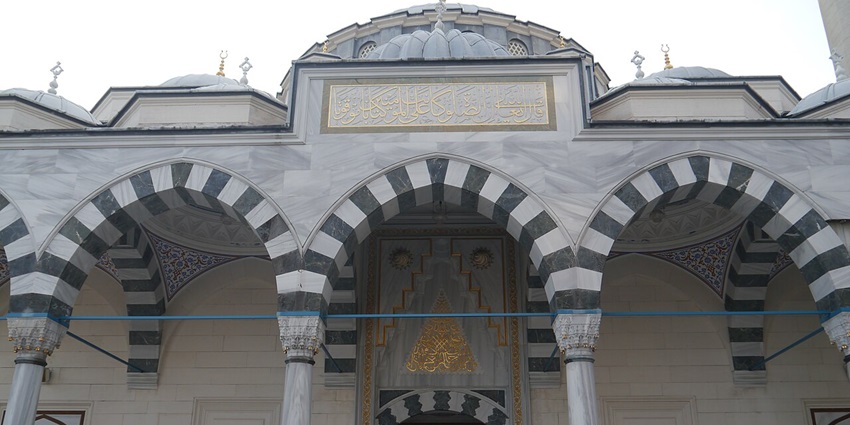
Photo: Zairon / Wikimedia Commons / Image For Representation Only
Situated in Tokyo’s historic Asakusa district, Asakusa Mosque, also known as Masjid Darul Arqam, serves as a spiritual hub for the local Muslim community. Established in 1998, this four-story mosque includes a library on the ground floor and offers regular prayers, Islamic classes, and community events. Its proximity to cultural landmarks like Sensō-ji Temple and Tokyo Skytree makes it a convenient stop for travellers. This mosque is also regarded as one of the most holy mosques in Tokyo Japan.
Specific Attraction: Proximity to the iconic Sensō-ji Temple to experience both Islamic and traditional Japanese cultures
Nearest Airport: Haneda Airport (approximately 25 km away)
Nearest Railway Station: Asakusa Station, a short walk away
3. Hira Mosque Gyotoku
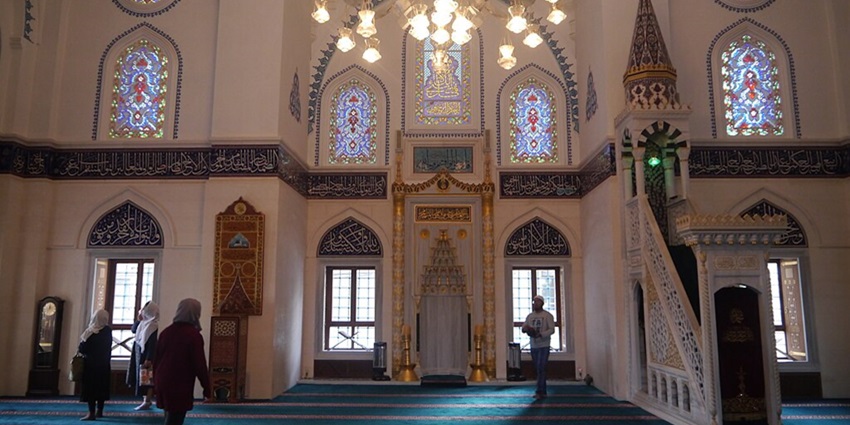
Photo: Zairon / Wikimedia Commons / Image For Representation Only
Located in the Gyotoku area of Chiba Prefecture, Hira Mosque serves a diverse Muslim community. This makes it among the most important mosques in Tokyo Japan. The mosque offers regular prayers, educational programs, and community events aimed at fostering cultural exchange and understanding. Efforts are underway to expand the mosque’s facilities to better serve the growing number of worshippers. Visitors are encouraged to participate in community activities and learn about Islamic practices.
Specific Attraction: Welcoming atmosphere and community events fostering cultural exchange
Nearest Airport: Narita International Airport (approximately 50 km away)
Nearest Railway Station: Gyotoku Station, a short walk away
4. Babul Islam Masjid

Photo: Chongkian / Wikimedia Commons / Image For Representation Only
Situated in the residential area of Funabori, Babul Islam Masjid serves as a center for worship and community gatherings. The mosque offers daily prayers, Islamic lectures, and educational programs for both adults and children. It also hosts interfaith dialogues and cultural events to promote mutual understanding. Visitors are welcome to observe prayers and participate in community activities. The mosque provides separate prayer areas for men and women.
Specific Attraction: Regular Islamic lectures and community events, promoting understanding and unity
Nearest Airport: Haneda Airport (approximately 25 km away)
Nearest Railway Station: Funabori Station, within walking distance
5. Kamata Masjid

Photo: Michele Ferrari / Pexels / Image For Representation Only
Established in 2001, Kamata Masjid is located in Tokyo’s Ōta ward. The mosque is housed in a three-story building, providing ample space for worshippers. It serves as a vital center for daily prayers, Friday congregations, and educational programs. The mosque is open daily from 5 AM to 11 PM, accommodating both locals and visitors. Facilities include separate prayer areas for men and women, ensuring a comfortable environment for all attendees. It is regarded as among the most famous mosques in Tokyo Japan.
Specific Attraction: Active engagement in interfaith dialogues and cultural exchange programs
Nearest Airport: Haneda Airport (approximately 10 km away)
Nearest Railway Station: Kamata Station, a short walk away
Where To Stay
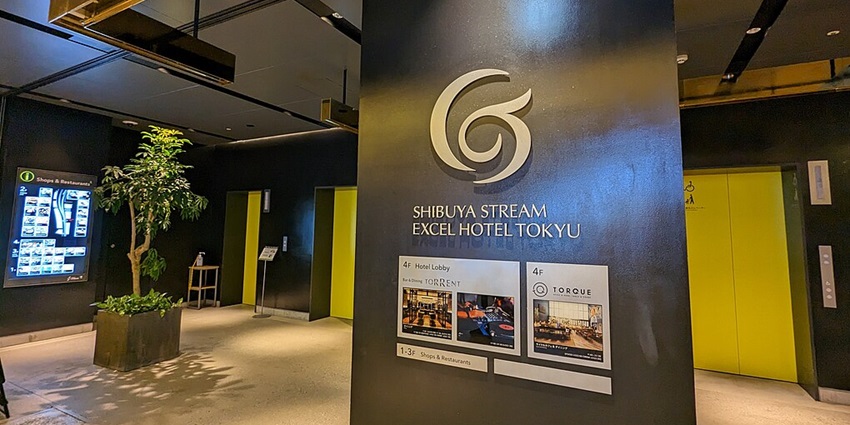
Photo: Syced / Wikimedia Commons
When visiting mosques in Tokyo Japan, staying in nearby accommodations ensures convenience and comfort. Near Tokyo Camii, hotels like Shibuya Excel Hotel Tokyu offer easy access. Close to Asakusa Mosque, Asakusa View Hotel provides stunning skyline views. Visitors to Hira Mosque Gyotoku can stay at Ichikawa Grand Hotel for quick access. Babul Islam Masjid travellers can opt for Hotel Sunroute Plaza Shinjuku, a well-connected choice. Near Kamata Masjid, Sotetsu Fresa Inn Tokyo-Kamata is a convenient option. These hotels offer accessibility, comfort and proximity to key mosques.
Where To Eat
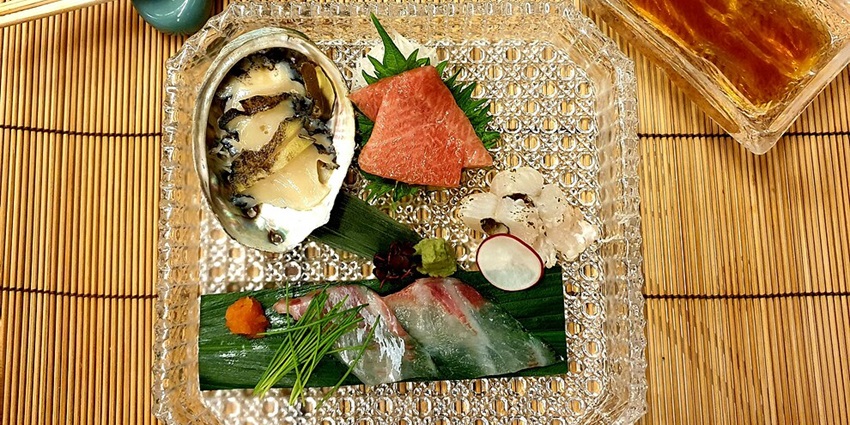
Photo: Emma Brick / Wikimedia Commons
Finding halal-friendly dining near Tokyo’s mosques is easy. Near Tokyo Camii, Turkish Restaurant Hasan serves authentic Turkish dishes. Asakusa Mosque visitors can try Sekai Café, known for its halal-friendly Japanese cuisine. Close to Hira Mosque Gyotoku, Café Istanbul offers delicious kebabs and Middle Eastern meals. Near Babul Islam Masjid, Shinjuku Gyoen Ramen Ouka serves halal-certified ramen. For those visiting Kamata Masjid, Halal Wagyu Yakiniku PANGA is a must-visit for premium Japanese beef. These eateries ensure a delicious and culturally rich dining experience.
Best Time To Visit
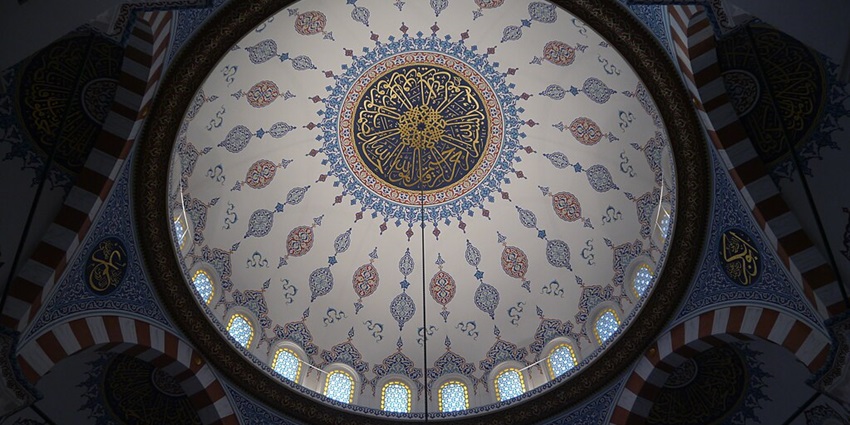
Photo: Zairon / Wikimedia Commons
The best time to visit Tokyo’s mosques depends on your purpose. For a peaceful experience, visit on weekdays, especially in the mornings, when crowds are minimal. Fridays attract larger congregations for Jumu’ah prayers, offering a unique chance to witness community gatherings. Spring (March – May) and autumn (September – November) provide pleasant weather, making it ideal for exploring nearby attractions. Ramadan is a special time to visit, as mosques host iftar meals and special prayers. Check each mosque’s official website for prayer schedules and events to enhance your visit. Early planning ensures a smooth and meaningful experience.
Tips For Travellers
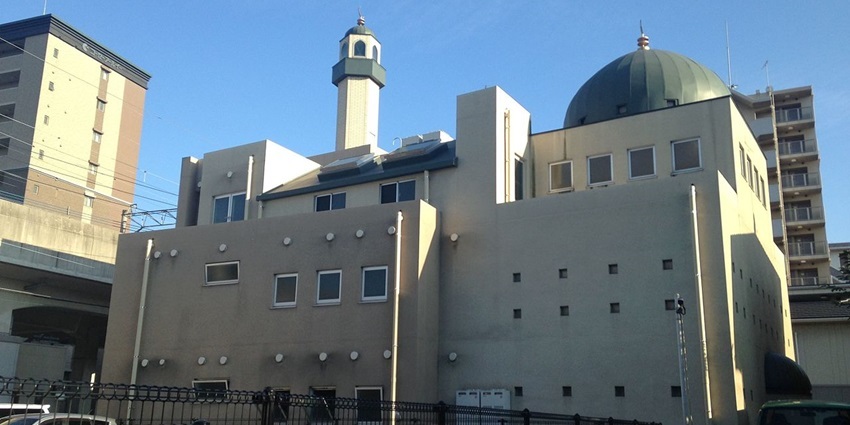
Photo: そらみみ (Soramimi) / Wikimedia Commons / Image For Representation Only
Here are some important points to keep in mind when planning your visit to these different mosques:
- Modest attire is recommended. Women should carry a headscarf, as some mosques require a head covering.
- English may not be widely spoken. Learning basic Japanese phrases or using translation apps can be helpful.
- While Japan is welcoming, understanding local etiquette, such as bowing or removing shoes in designated areas, enhances the experience.
- Many mosques have halal shops or restaurants nearby. Tokyo Camii, for example, has a halal market for groceries, which you can visit.
Exploring the mosques in Tokyo Japan offers a unique glimpse into the city’s diverse cultural and spiritual landscape. These mosques also serve as cultural hubs, fostering connections among locals and travellers. Whether you seek a place to pray, learn about Islamic heritage, or enjoy nearby halal dining, Tokyo’s mosques welcome all with open arms. Plan your visit, respect local customs, and immerse yourself in this enriching spiritual journey across Japan’s vibrant capital. Book your trip today with TripXL!
Cover Photo: Zairon / Wikimedia Commons / Image For Representation Only


 WhatsApp
WhatsApp
 Twitter
Twitter









